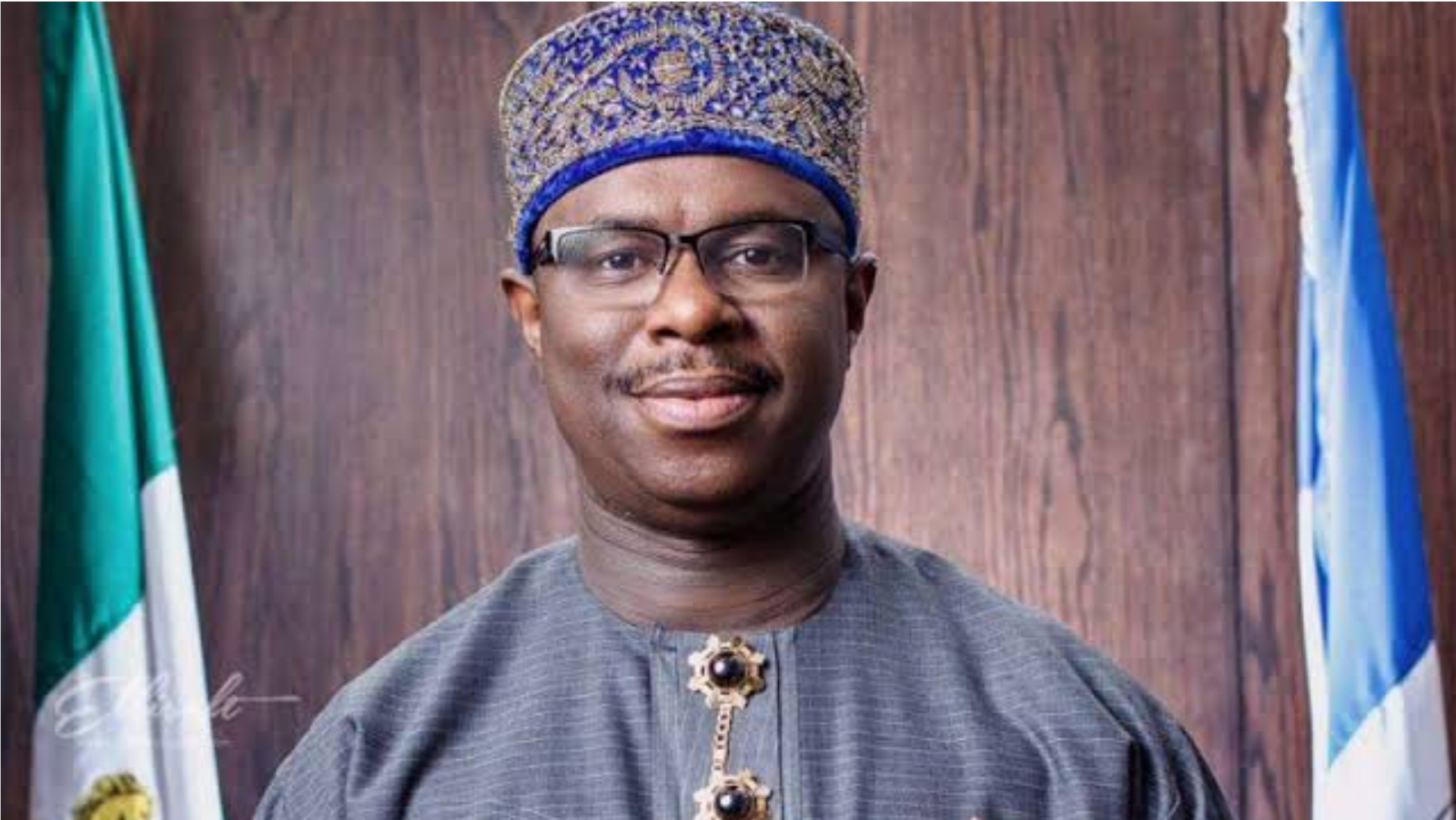The former Director General of the Nigerian Maritime Administration and Safety Agency (NIMASA), Dakuku Peterside, said the Central Bank of Nigeria (CBN) failed in its duty to manage the transition from the old Naira to the redesigned banknotes.
During a Twitter Space with Prime Business Africa on Monday, 6 February 2023, Peterside said the fallout from the Naira redesign and implementation should be placed at the feet of the CBN when Capital Market and Maritime Analyst, Eromosele Sunday, faulted Nigerians for the chaos.
Join our WhatsApp ChannelAre Nigerians at fault for Naira policy chaos?
Sunday didn’t absolve Nigerians from the crisis that ensued from the implementation of the Naira redesign policy.
In his submission during the Twitter space, the capital market analyst argued that regardless of the time limit, Nigerians will always have a problem with the policy, so they should embrace the short-term pain for future gain.
He explained that in the same way there’s a call for the CBN’s monetary policy to be extended due to the hardship it has caused Nigerians, there were also complaints against the removal of fuel subsidy.
Sunday said: “It’s the same excuse that we’ve had over the years when we retain (fuel) subsidy. My argument was, who is the government even subsiding. I can consider myself middle or upper class. I hardly even spend money on fuel.
“So if I’m not buying fuel is it my mother in the village that is buying the fuel. So they give these excuses just to ensure that this thing doesn’t work.”
“There is no time this policy will be introduced that there will be no problems. Sometimes we analyse Nigeria as if Nigeria is just about Lagos, Port Harcourt, Abuja and Kano,” he said, disclosing his mother in the village hardly spend money, so the complain about the impact unavailability of cash will have on Nigerians is limited.
CBN should accept 70% of the blame for the Naira policy debacle
Peterside disagreed with Sunday’s statement, asserting that the CBN should bear the blame of the fallout and note Nigerians.
He backed his reasons by stating the apex bank conceptualised the Naira redesign policy, and as the financial regulator or executor of the transition, it was the duty of the CBN to forecast the crisis and have a standby solution to meet the projected chaos.
According to Peterside, who also served as a lawmaker in the House of Representatives, the central bank wasn’t strategic enough in its assessment before proceeding to execute the Naira redesign policy.
“I don’t think anybody is against the intendment, the goal, or objective of this policy. Unfortunately, CBN is the designer of the policy, is the regulator, is also an operator and executor of the policy, so it should share 70 per cent of the blame.
“And as every other polciy, policy is always at the helm of politics. Policy and politics are like sesame twins. Policies affect the people. And when we talk about politics, politics is about the people, and so they are inseparable.”
CBN failed in conducting a proper situation analysis to forestall crisis
The former lawmaker argued that the central bank’s planning was poor before setting out to execute the policy and there was no necessary infrastructure to adequately implement it.
“For me, the initial question is, was the execution thought through? I don’t think so. I don’t think anything is wrong with the policy. Now in conceptualizing the policy, you have to look at the execution.
“CBN, you are not going to be everywhere, did you do a model of all those that will be involved in the execution of this policy? Did you anticipate challenges. Did you look at mitigation measures of challenges that arise, then did you engage with all those who will be involved in the execution of the policy.
“If you had done that, now do you also have the necessary infrastructure in place for the transition? Because you expect there will be change in behaviour with any new policy.
“That infrastructure, is it in place. I don’t think that was comprehensibly examined. I don’t think that was extensively examined,” he said.

















Follow Us